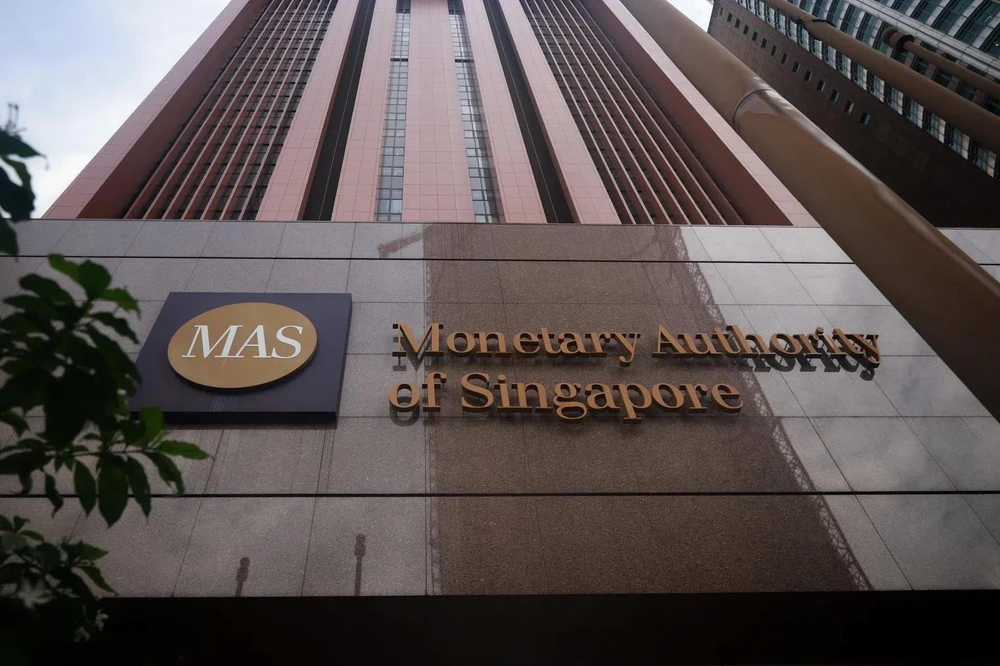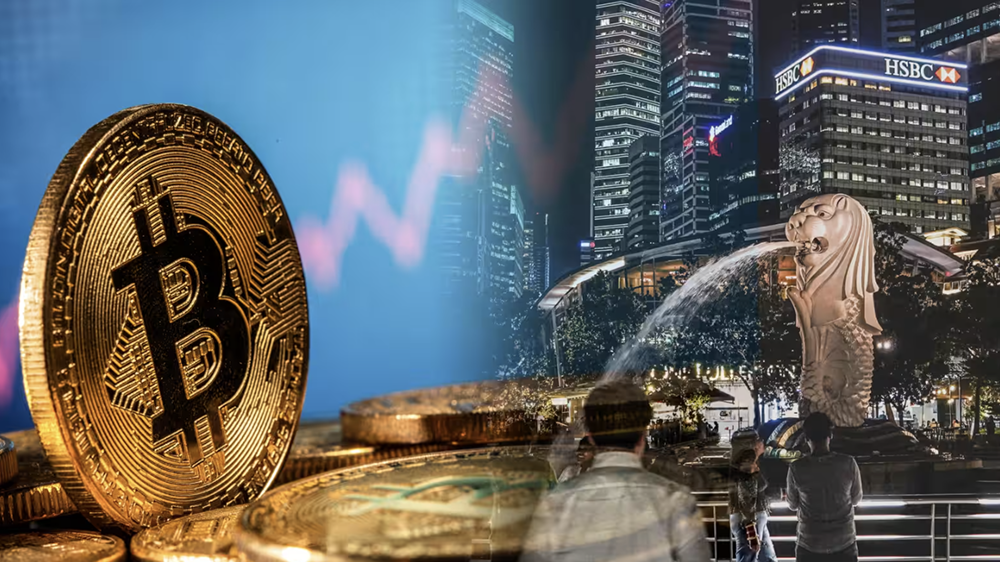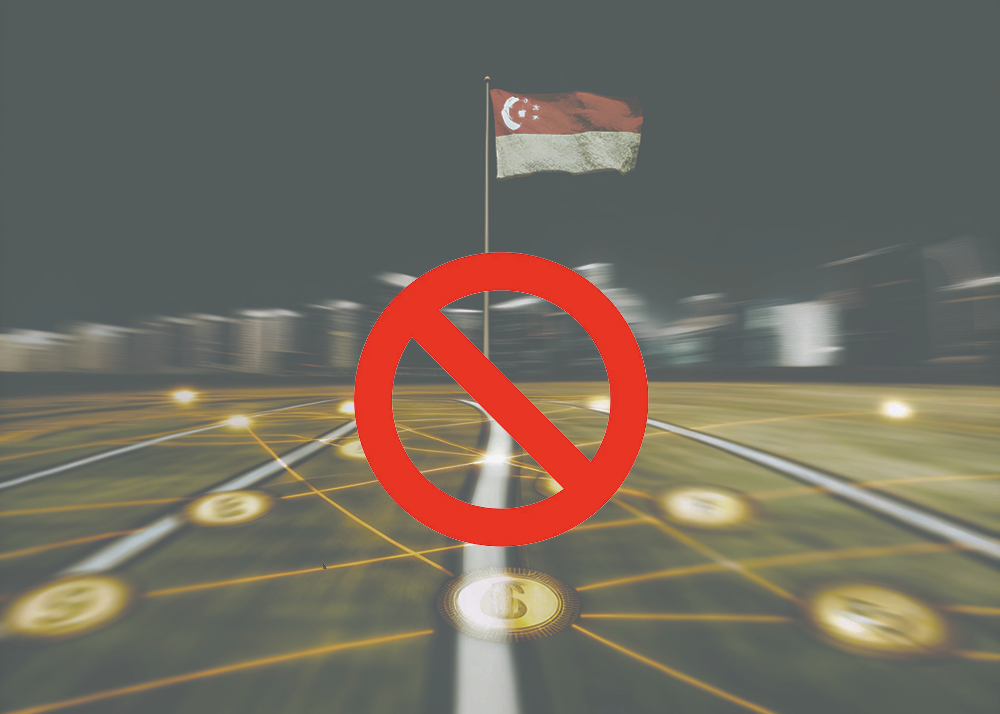On June 30, 2025, the Monetary Authority of Singapore (MAS) will officially implement the Guidelines on Licensing for Digital Token Service Providers (hereinafter referred to as the "DTSP New Regulations"), marking a new phase in Singapore's regulation of digital token service providers (DTSPs). The introduction of the new regulations not only significantly raises compliance thresholds but also sends a clear signal to unlicensed Web3 practitioners: to engage in digital token-related business in Singapore, a license is required; otherwise, they may face fines of up to SGD 250,000 and imprisonment for up to three years. The outside world generally interprets this as Singapore changing its previously relatively friendly regulatory stance towards the Web3 industry, initiating a "cleanup operation" against non-compliant institutions.

Core of the New Regulations: Comprehensive Tightening, Covering Domestic and Overseas Operations
According to the DTSP licensing guidelines and related response documents released by MAS on May 30, 2025, the regulatory scope will be expanded to all digital token service providers registered in Singapore or having a "place of business" there, regardless of whether their clients are local or overseas. The definition of "place of business" is extremely broad, including not only physical offices but also shared workspaces, mobile work points, and even scenarios where tokens are processed in cafes. This means that any activity related to digital tokens (such as trading, custody, transfers, etc.) conducted within Singapore must obtain a DTSP license issued by MAS; otherwise, it will be considered illegal.
The new regulations clearly state that MAS will not provide transitional arrangements for local DTSPs targeting overseas markets. From June 30, 2025, any unlicensed DTSP must immediately cease digital token services outside Singapore, or face severe penalties. MAS emphasized in the documents that, based on anti-money laundering (AML) and counter-terrorism financing (CFT) regulatory considerations, the issuance of DTSP licenses will be extremely strict and will only be approved in "very limited circumstances."
Singapore's regulatory environment is no longer the "crypto paradise" it once was.

Why the Sudden Change in Attitude? From "Friendly" to "High Pressure"
Singapore once attracted global Web3 companies with its open regulatory environment and clear legal framework, becoming a hub for blockchain and cryptocurrency in the Asia-Pacific region. The implementation of the Payment Services Act (PSA) in 2020 provided a clear compliance path for digital payment token (DPT) services, attracting major exchanges like Coinbase and Crypto.com.
However, the events of 2022 involving LUNA, Three Arrows Capital, and FTX exposed the significant risks in the crypto industry, prompting MAS to reassess its regulatory policies. Surveys show that over 40% of Singaporeans hold cryptocurrencies, and the tightening of regulations reflects an urgent need for the protection of ordinary investors. MAS believes that digital token trading, due to its anonymity and high volatility, inherently carries a higher risk of money laundering and terrorism financing. The new regulations further strengthen the AML/CFT requirements for DTSPs through the Financial Services and Markets Act (FSM Bill), requiring licensed institutions to implement strict KYC (Know Your Customer) and KYT (Know Your Token) mechanisms to ensure the traceability of token sources and prevent the inflow of illegal funds.
Additionally, the Singapore government hopes to maintain its reputation as a global financial center by tightening regulations. An industry lawyer pointed out on LinkedIn that MAS is extremely cautious in approving DTSP licenses, mainly to avoid Singapore being used as a "springboard" to evade regulations in other countries.
Compliance Costs Soar, Industry Faces "Mass Withdrawal" Risk
The impact of the DTSP new regulations on the Web3 industry is multifaceted. First, the threshold for license applications is extremely high. Statistics show that in recent years, MAS has received hundreds of DPT license applications, but the approval rate is less than 2.5%. Applicants must meet a minimum capital requirement of SGD 100,000, undergo comprehensive financial and background checks, and submit annual transaction account audits and pay regulatory fees. Additionally, licensed institutions must separate customer assets from their own and deposit them into trust accounts, as well as establish a physical presence locally to handle user complaints.
Secondly, the restrictions on overseas operations are particularly severe. Even if a business only serves overseas clients, as long as it has an operational entity in Singapore, it must be licensed. This "territorial regulation" model has deterred many small and medium-sized Web3 companies. Some practitioners have revealed that certain peers in Singapore's crypto circle have begun planning to relocate to regions with relatively loose regulations, such as Hong Kong and Dubai.
An anonymous Web3 practitioner stated on X: "The new regulations almost drive non-licensed institutions to extinction; even shared offices are counted as places of business, and the compliance costs are outrageous, which small teams simply cannot bear." Another user commented that Singapore's move may mark the "end of the regulatory arbitrage era," potentially reshaping the landscape of the Web3 industry in Asia.

Impact on Investors: Safety and Restrictions Coexist
For ordinary investors, the new regulations are both a protection and a limitation. On one hand, licensed exchanges must comply with strict asset segregation and anti-money laundering requirements, enhancing the safety of user funds. Licensed exchanges like Coinbase and Crypto.com have implemented trust account management and KYT mechanisms, reducing the risk of asset misappropriation or involvement in illicit activities. On the other hand, the exit of unlicensed exchanges may lead to a reduction in service options, and investors may face higher trading costs or longer currency exchange periods. Previously, reports indicated that Singaporean investors took 20 days to convert Bitcoin to fiat currency through third-party transfer platforms (such as Xfers); this issue may worsen after the implementation of the new regulations.
Global Perspective: Singapore's Regulatory Shift and International Trends
The tightening of regulations in Singapore is not an isolated event but part of a global trend. The U.S. Securities and Exchange Commission (SEC) and the Commodity Futures Trading Commission (CFTC) have yet to form a unified framework for crypto regulation, the EU's MICA regulations have not been fully implemented, and Japan and Hong Kong have strengthened compliance requirements to varying degrees. In contrast, Singapore's new regulations take strictness a step further, especially in the regulation of cross-border operations, virtually eliminating the possibility of "regulatory arbitrage."
Some analysts point out that Singapore's regulatory shift may have a ripple effect on the development of Web3 in other Asian markets. Hong Kong, as another major financial center, has been relatively lenient in regulating security tokens in recent years, which may attract some companies withdrawing from Singapore. The "friendly competition" between Dubai and Singapore may also intensify, with the latter attracting Web3 startups with low tax rates and lenient policies.

Future Outlook: Compliance or Withdrawal?
For Web3 companies, the DTSP new regulations in Singapore are undoubtedly a watershed moment. Large enterprises like Coinbase, with strong capital and compliance experience, may continue to establish a presence in Singapore, but small and medium-sized startups face the choice of either high-cost compliance or quietly exiting the market. Users on the X platform predict that the new regulations may lead to a "mass withdrawal" from Singapore's Web3 industry, with some companies already looking towards other jurisdictions.
However, strict regulations may also bring long-term benefits to Singapore. A clear compliance framework helps enhance market transparency and attract higher-quality Web3 projects and investors. MAS stated in the response documents that the new regulations aim to "balance innovation and risk," injecting long-term stability into Singapore's fintech ecosystem.
Conclusion: The Crossroads of the Web3 Industry
The implementation of the DTSP new regulations in Singapore marks the official transformation of this once "crypto paradise" towards high thresholds and strong regulation. For Web3 practitioners, the June 30 deadline is not only the final ultimatum for compliance but also an opportunity to reassess strategic layouts. For investors, the new regulations provide higher security for funds but may also limit market vitality. Against the backdrop of tightening global regulations, Singapore's choices may be a necessity, but the impact on the Web3 industry in Asia and globally will still require time to evaluate.
This article represents the author's personal views and does not reflect the stance or views of this platform. This article is for informational sharing only and does not constitute any investment advice to anyone.
Join our community to discuss this event
Official Telegram community: t.me/aicoincn
Chat room: Wealth Group
免责声明:本文章仅代表作者个人观点,不代表本平台的立场和观点。本文章仅供信息分享,不构成对任何人的任何投资建议。用户与作者之间的任何争议,与本平台无关。如网页中刊载的文章或图片涉及侵权,请提供相关的权利证明和身份证明发送邮件到support@aicoin.com,本平台相关工作人员将会进行核查。




